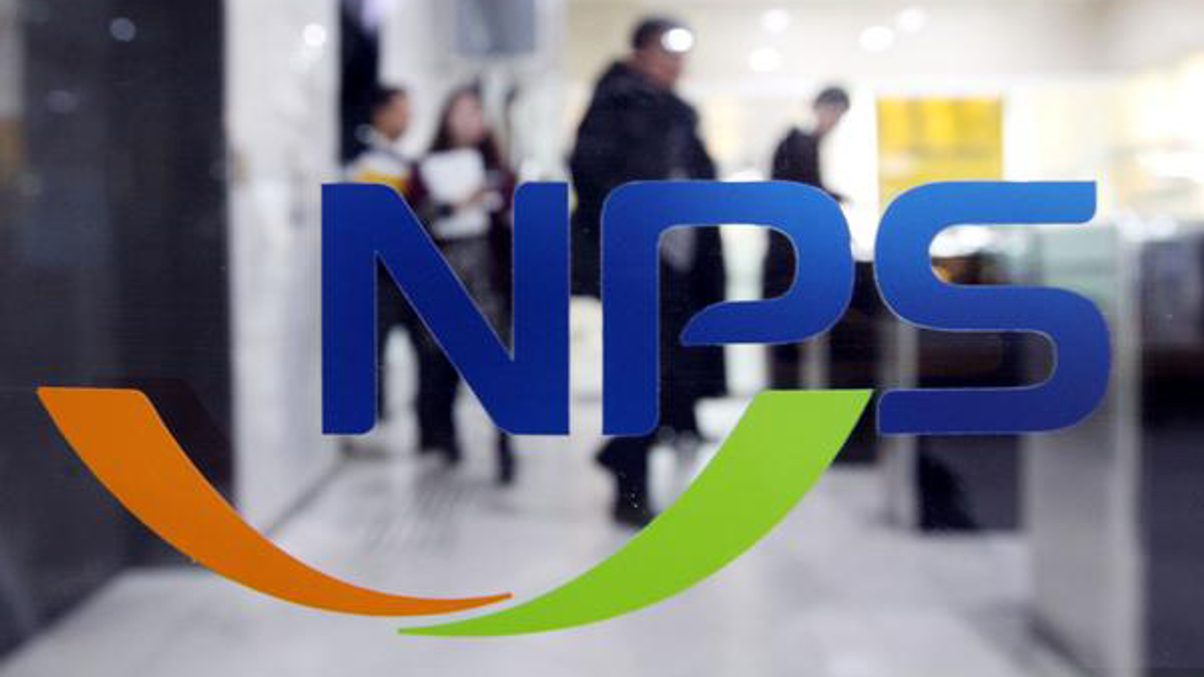Korean investors look to NPS as Japan tensions rise
Amid concerns about the effect of the Japan-Korea trade war on the global economy, Korean asset owners are being pressured to act on the issue.

As the trade war between Japan and South Korea escalates, Korea’s largest public pension fund, the $580 billion National Pension Service (NPS), is coming under increasing pressure to divest from companies connected with Japan’s wartime activities. Other Korean asset owners are looking to the NPS for direction, say local observers.
Sign in to read on!
Registered users get 2 free articles in 30 days.
Subscribers have full unlimited access to AsianInvestor
Not signed up? New users get 2 free articles per month, plus a 7-day unlimited free trial.
¬ Haymarket Media Limited. All rights reserved.


